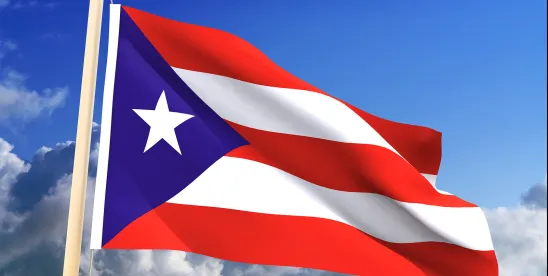Plaintiffs asserting claims for tortious interference of contracts covered by Puerto Rico’s Dealer’s Contracts Act, commonly known as Law 75, may automatically satisfy one element of such a claim. Law 75 regulates relationships between distributors and manufacturers.
Ballester Hermanos, Inc. (“Ballester”) was the exclusive Puerto Rico distributor for Brugal & Co., SA (“Brugal”) rums since 1990. Ballester and Brugal never memorialized the partnership in writing, but due to the parties’ course of dealings and exclusive relationship, there was no dispute that Ballester and Brugal entered a verbal distribution agreement under Law 75. Edrington Group USA, LLC (“Edrington”) acquired a majority interest in Brugal in 2008. Eleven years later, it terminated Ballester’s exclusive distribution agreement in favor of another distributor, CC1 Beer Distributors, Inc. (“CC1”).
Ballester sued alleging Edrington tortiously interfered with the Brugal-Ballester distributorship. Edrington moved to dismiss pursuant to Federal Rule of Civil Procedure 12 for two reasons: (1) Ballester failed to join CC1 as a necessary party (12(b)(7)), and (2) Ballester did not state a plausible tortious interference claim (12(b)(6)).
As a threshold matter, the court held that because CC1 was merely a potential joint tortfeasor, it was not an indispensable party under the federal rules. So, the court denied Edrington’s motion on this basis. Next, the court took on the issue of whether Ballester stated a claim for tortious interference.
A Controlling Entity is a Third Party Unless Otherwise Established
First, because tortious interference requires a third party’s interference with a protected relationship, Edrington alleged it was not an independent third party because (1) it had replaced Brugal in the agreement through novation, and (2) Edrington controlled Brugal through its majority ownership. The court ruled that Edrington had failed to rebut both (1) the presumption against novation and (2) the presumption that a parent and subsidiary are separate corporate entities. In other words, Ballester adequately pled that Edrington was a third party to the agreement at issue.
A Contract Subject to Law 75 Meets the Contract Element of Tortious Interference
Second, the court considered Law 75’s impact on tortious interference claims. An essential element of tortious interference is the existence of a valid contract. In Puerto Rico, contracts that have no fixed term or are terminable at will cannot be subject to tortious interference.
Because the oral agreement had no fixed or definite term, Edrington argued a tortious interference claim was precluded. Instead, the court ruled that because Law 75 applied, the oral dealer contract was not terminable at will, but rather, terminable only for just cause. Though there was no fixed term, Ballester could sue for tortious interference.
Intent is Not an Element of Tortious Interference in Puerto Rico
Finally, Edrington alleged it did not intend to interfere. In Puerto Rico, however, a tortious interference claim only requires knowledge of an established contract, regardless of intent.
Key Takeaways
Because a contract covered by Law 75 is per se terminable only for just cause, it automatically meets the contract element of a tortious interference claim in Puerto Rico. Since Puerto Rico has established that unwritten agreements could be covered by Law 75 depending on the parties’ course of dealings (which this page previously covered here), suppliers and their controlling entities must take precautions when working with Puerto Rican distributors.




 />i
/>i
